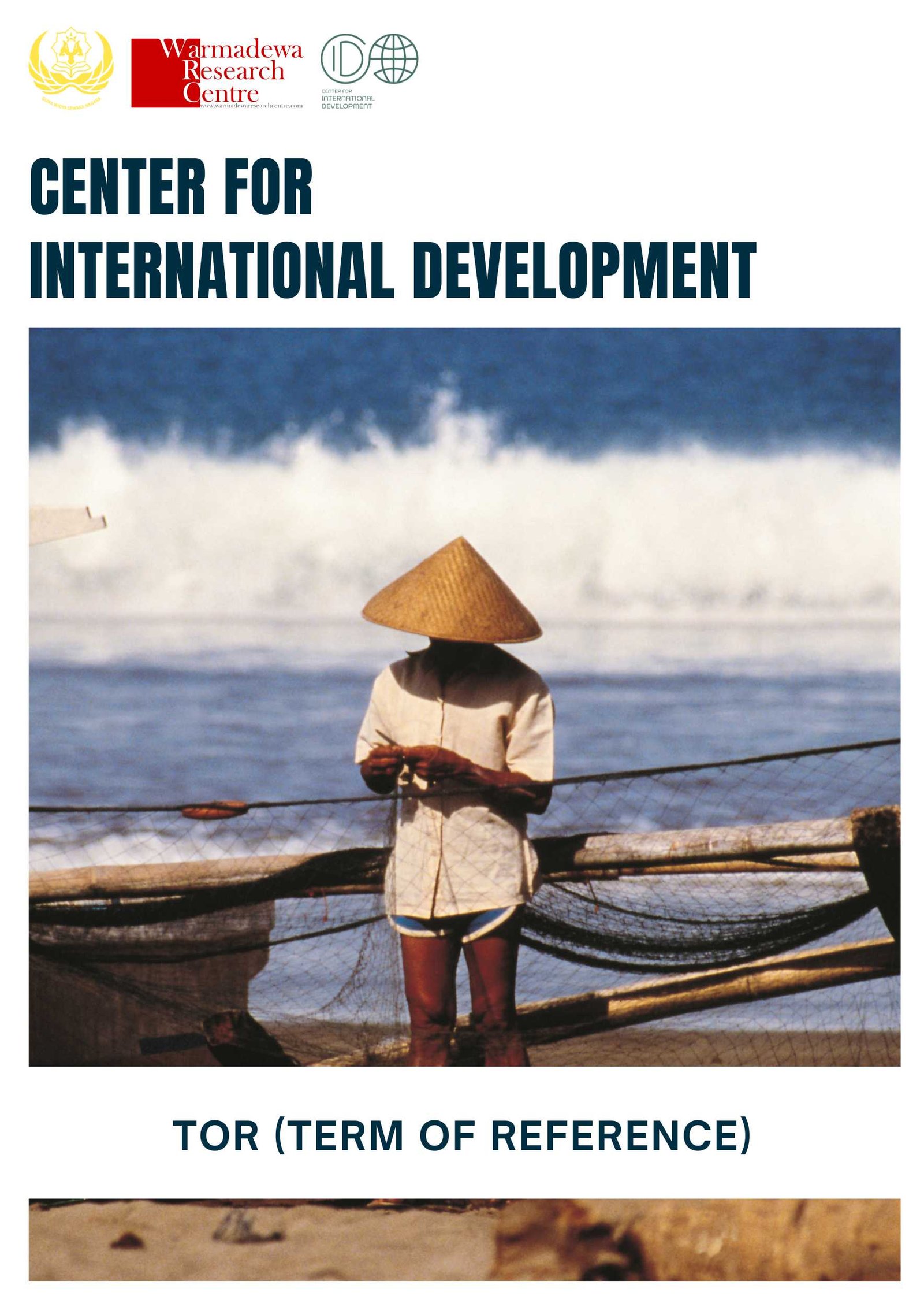Digital Transformation
Digital transformation represents a dynamic and evolving field where technology plays a significant role in addressing global development challenges. It’s characterized by the strategic use of technology to address a wide range of development challenges, with the potential to improve access to information and services, drive economic growth, enhance healthcare and education, and promote good governance. Furthermore, digital transformation enhances environmental sustainability by adopting digital technologies to incorporate environmentally sustainable practices.
The cluster is focusing on ensuring digital technology can play a pivotal role to social well-being, this cluster focuses on 3 key elements: impact of digital transformation on society, policy studies on digital transformation, and the utilization and transition in digital transformation.
Digital technology is a powerful tool for social engagement, communication and service delivery. Marginalized people can get information, receive an education and participate in social activities and also can improve public and social services, empower social workers and staff and contribute to community networking. However, the impact of
digital transformation on society shows that disparities in digital access and literacy persist, limiting the benefits of digital transformation to those who have access to technology and internet connectivity and can have an impact on digital poverty. Moreover, how emerging technologies and digital platforms influence gender disparities in the workforce, exploring the impact on employment opportunities, wage gaps, and the gender digital divide. Second, regarding the policy studies on digital transformation, how policies are adapted, implemented, and translated across diverse international contexts, considering the influence of digital technologies in shaping policy transfer, adoption, and outcomes. This is also related to the interpretation of the evolving relationships between human meaning-making and technology, examining how digital tools and data reshape the understanding of culture, society, and human experiences. Last, the utilization and transition in digital transformation. Negative use of digital technology such as the spread of radicalism and theft of personal data so ensuring the security and privacy of digital data is a concern, especially in developing countries with weaker data protection regulations. The development of digital technology, which is said to be able to provide spaces for communities and society to actively participate in the political and policy arena in the digital world and become digital citizens, has not gone smoothly as a result of several state interventions in the digital space through its policies.
Observing the beneficial effects brought about by digital technology does not cause us to ignore the unseen aspects of the change process. Hence, this cluster adopts a critical stance and offers a comprehensive outlook on the impact of digital technology on society. It promotes digital transformation as a means to achieve social well-being.
Potential Activity
Warmadewa University has collaborated with the University of Zagreb, Croatia, Vern' University, Croatia, and the University of Lampung, Indonesia to organize this cluster. Summers School activities are currently focused on fostering ongoing discussions on digital change. In 2019, this initiative was commenced and executed directly at Lampung University and Warmadewa University. During the year 2020, when the COVID-19 pandemic emerged globally, all operations were conducted through internet platforms. Furthermore, we personally experienced the potential of this digital technology to connect individuals across different continents and facilitate the execution of this task. The 2023 Summer School programs were conducted in person, with the University of Zagreb serving as the host institution. Consequently, we assigned several delegations, comprising a collective of 6 individuals, to individually provide papers related to digital transformation.
This joint activity will continue in progress together with these partners on an annual basis, with each party endeavoring to broaden its scope by inviting more institutions through the respective networks of each university. Therefore, many actions have been undertaken in the future, specifically:
Knowledge Building:
- Collaborative Research
- International Conference
- Summer School
Capacity Building:
- Training in similar organizations
Networking:
- Expert Meeting
- Policy Forum
The digital transformation cluster provides an inclusive platform for all faculties and study programs at Warmadewa University to actively contribute to the advancement of knowledge in the field of digital transformation. The advent of digital transformation has significantly impacted various fields of knowledge, encompassing both the social and humanities disciplines, such as economics, law, social-politics, literature, as well as scientific subjects like medical, engineering, agriculture, and vocational education. This cluster aligns with Warmadewa University's ambition to make contributions at both the ASEAN regional level and the international level by 2034. This cluster serves as a pathway for networking with global groups and international entities.
The digital transformation cluster at Warmadewa University can offer support to each other through several directorates in order to enhance knowledge and networks. The understanding of the implementation of digital technology in organizational governance is connected to the Directorate of Finance and Infrastructure in terms of how the Directorate of Infrastructure can assist in the development of digital infrastructure at Warmadewa University. This cluster serves as a bridge to the international community and will collaborate closely with the Directorate of Cooperation, particularly in the development of essential papers and cooperation guidelines. The knowledge generated and researched within this cluster will serve as input for the formulation of educational resources and curriculum for each academic program. Consequently, this will interact with the Academic Directorate.


